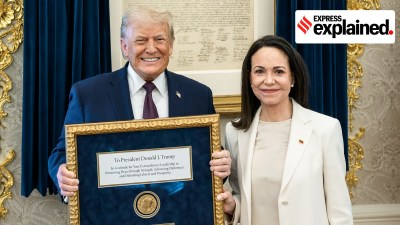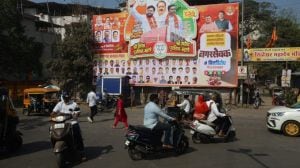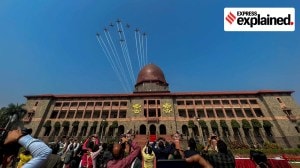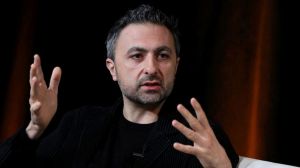Colombo call
India must nudge Sri Lanka towards reconciliation,but bilateral ties are larger than the issue
The US-sponsored draft resolution against Sri Lanka at the UN Human Rights Council is a diplomatic challenge that New Delhi must meet with clarity and resolve,keeping in mind both the humanitarian question and the importance of bilateral ties with Colombo. The resolution,to be tabled at the UNHRC later this month,comes in the wake of the recovery of photographs that suggest that slain LTTE leader Prabhakarans son was killed in cold blood. The photographs have sparked anger in Tamil Nadu and in Parliament,and pressure is being mounted for India to vote for the resolution. Prime Minister Manmohan Singh has said that the decision would depend on the resolutions content. At the same time,he has emphasised the need for urgent political devolution to the Northern Provincial Council and a time-bound implementation of the recommendations of the Lessons Learnt and Reconciliation Commission report to ensure equality,dignity,justice and self-respect for Sri Lankan Tamils.
Last year,India had voted against Sri Lanka at the UNHRC and drawn criticism for it in Colombo. At home,the government was accused of buckling under pressure from the competitive political mobilisations in Tamil Nadu on the issue. When the military campaign against the LTTE had entered its final phase in the summer of 2009,India had hoped that at conflicts end,Colombo would be generous in victory and implement constitutional changes to secure the rights of the Tamil minority. As the years passed,it has increasingly looked like Colombo is not keeping its promises. Delhi must,once again,nudge Colombo towards reconciliation with the Tamils. It must also remember that the bilateral relationship is larger than this issue.
At a time when Indias economic and strategic stakes in Sri Lanka are rising,the key to finding the right balance in policy is Delhis sustained engagement with Colombo and Chennai. While Delhi cannot let its foreign policy become hostage to domestic politics,it must also exert pressure on a Colombo in the grip of chauvinism to moderate its course,reach out to the Tamil leadership. Meanwhile,the time at Geneva can be used to work towards a consensus resolution that avoids voting but points in the right direction.
- 01
- 02
- 03
- 04
- 05































